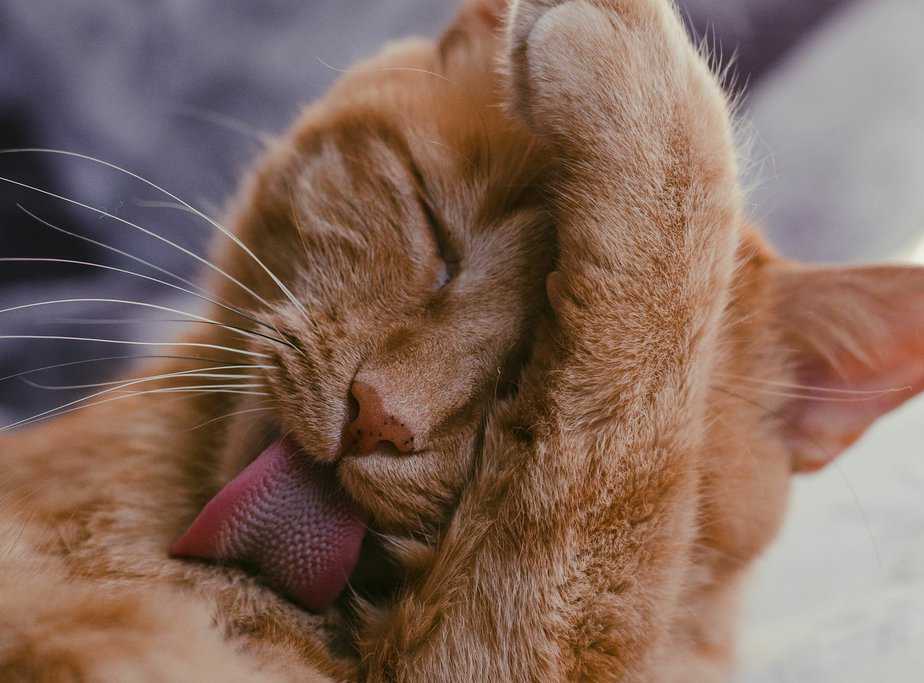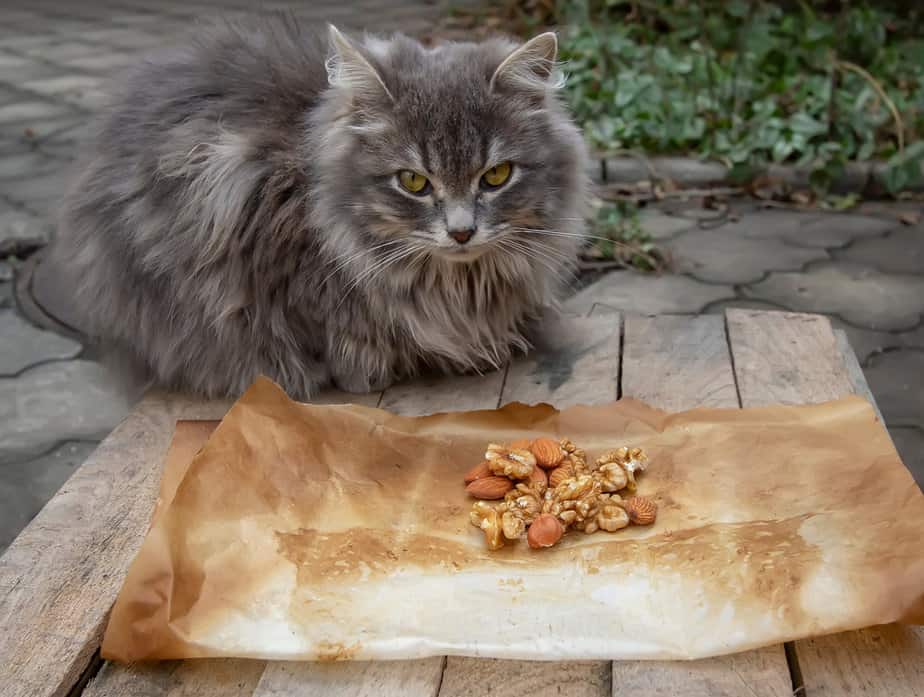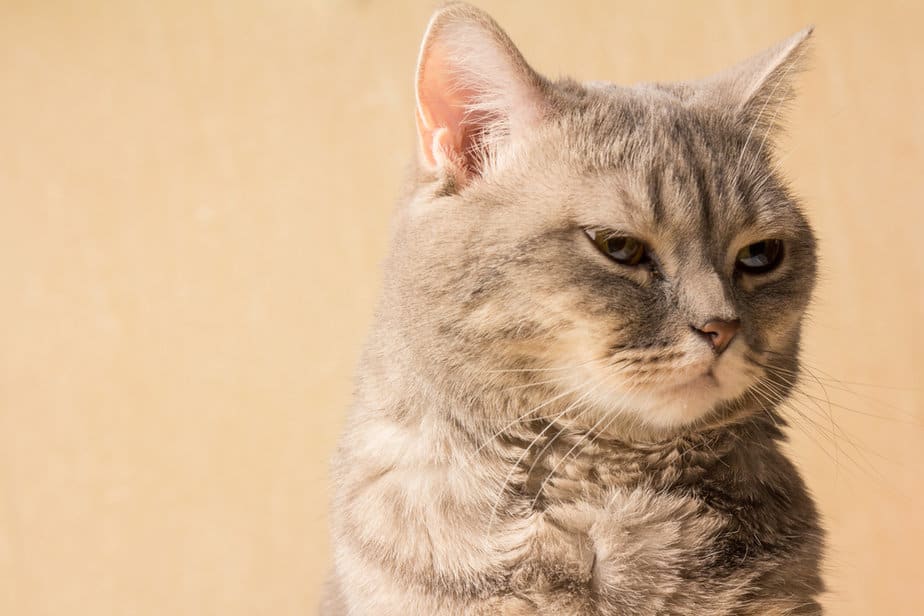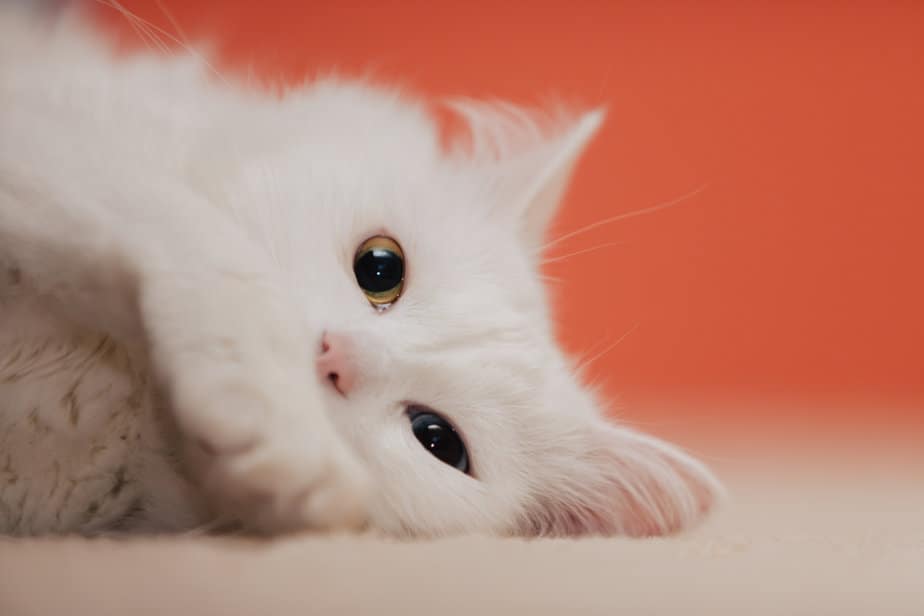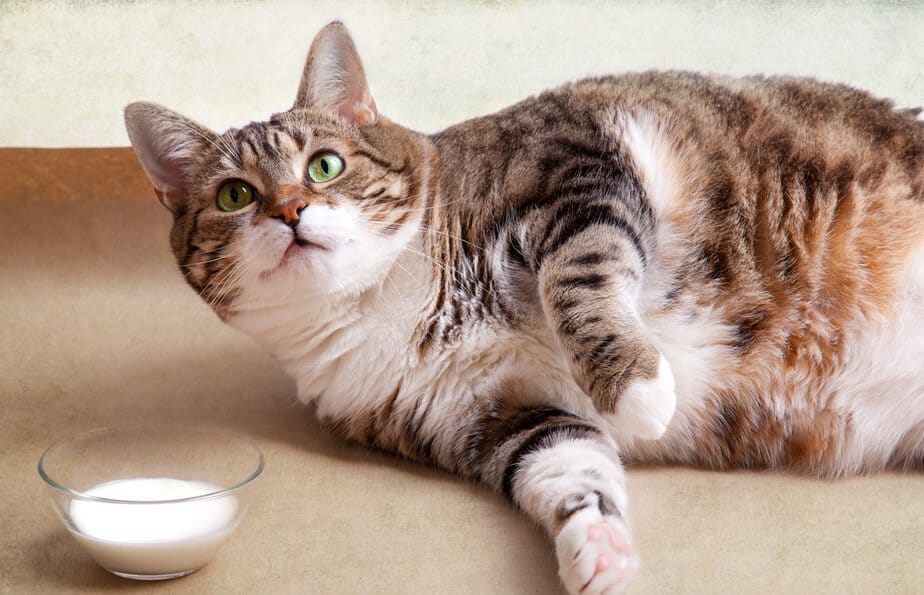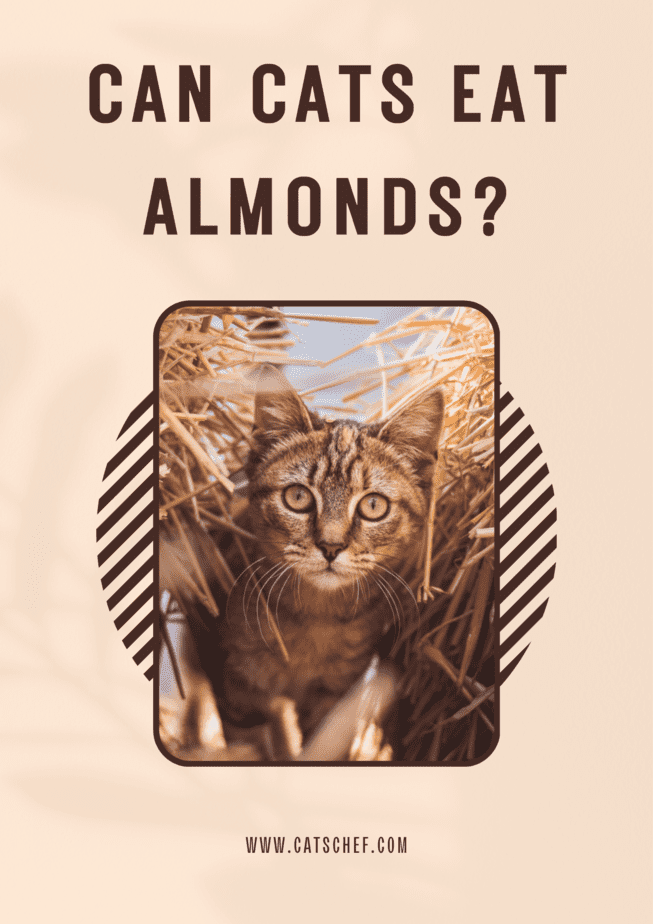📖 Table of Content:
“Can cats eat almonds?” Who would’ve thought you would be spending your Friday night looking up different nuts because your four-legged friend decided to scoff down an entire bag of Mixed Nuts? Who would’ve thought she would even be interested in anything other than chicken?
But, she’s gotten away with worse things than munching on a couple of almonds, macadamia nuts, cashews, or pecans. She’s a curious creature, and she can’t help but wonder what you’re nibbling on every single night when you send her off to sleep.
“How can she be eating without me, meow?” She’s tip-toeing around the room, sniffing around, hoping she’s going to catch a whiff of whatever you’re chewing on. “How can she betray me like that when she knows I’m purrfectly capable of munching on whatever I can get my paws on?!”
And let’s be honest, you’ve thought about the fact that cats descended from lions and tigers and that they shouldn’t be taken down by a single nut – almond or any other kind. But, you can’t even imagine your precious purrincess surviving the wilderness, so you’re not completely sure.
“Argh, can cats eat almonds?!” Our friends over at the ASPCA (American Society for the Prevention of Cruelty to Animals) don’t recommend feeding almonds to your feline friend UNLESS you know which type of almond you’re feeding her with.
Wait, what?! You read that right, sweet almonds are perfectly safe for your cat to munch on from time to time. But bitter almonds contain a compound (umm, have you ever heard of cyanide?!) that can cause harm to your cat’s health. Keep on reading to find out everything you need to know!
Can cats eat almonds safely?
Cats can eat sweet almonds! Sweet almonds are the type most humans consume with their fruit salads, acai bowls, and chia puddings. They might have originated from the Mediterranean, South Africa, and the USA. But. they’re available pretty much everywhere in the world.
They’re packed with protein, fiber, vitamins, minerals, antioxidants, fatty acids, and amino acids. They’re pretty much the crème de la crème of the nuts because they’re beaming with nutritional and health benefits (no wonder they’re a favorite among humans).
And they’re safe for cats which makes them even more loved and appreciated by cat owners around the world. Cats can have AN OCCASIONAL nutty treat without adverse reactions. But, that’s not to say that they should eat almonds whenever they feel like munching on something crunchy.
Consuming excessive amounts of almonds can cause different digestive issues such as stomach upset, diarrhea, and vomiting. Additionally, almonds don’t have the nutritional value that can keep your furry friend happy and healthy the same way carefully crafted cat food and cat treats can.
Cats are obligate carnivores which means they NEED meat, animal protein, and animal nutrients in their diets in order to survive and thrive. They don’t need fruits, veggies, whole grains, and nuts the same way humans do.
They don’t even possess the enzymes necessary for their digestive systems to break down and process most foods humans eat regularly. That’s why your four-legged friend might have a hard time trying to digest that bag of Mixed Nuts.
Bitter almonds are completely different from sweet almonds. Actually, cats can’t eat bitter almonds because they contain cyanide compounds (cyanogenic glycosides, to be entirely transparent) which can cause cyanide poisoning. Yikes!
What’s good about almonds?
Let‘s make sure we’re on the same page – when we’re talking about the benefits of feeding almonds to your four-legged friend, we’re talking about SWEET almonds. Sweet almonds are packed with a bunch of nutrients that can boost your cat’s immune system before you can even say “almond”.
First things first, almonds contain a bunch of vitamin E, calcium, copper, magnesium, and riboflavin. These vitamins and minerals can boost your cat’s immune system, maintain the proper function of her nervous system, and ensure the health of her digestive system.
On the other hand, almonds ALSO contain quite a decent amount of fiber. Fiber’s one of the most important nutrients for your cat’s digestive system. Fiber provides bulk to help food move through the digestive tract. It also retains water which, in turn, helps with constipation and diarrhea.
And let’s not forget about protein! We keep going on and on about the fact that cats need protein to be happy and healthy which must mean that cats need almonds, right? Actually, cats need animal protein but they can get A LITTLE bit of help from plant protein, too.
Don’t even get me started on fatty acids and amino acids! We (by we, we mean “pet owners”) read “fats” or “fatty acids” and we think “oh no, here comes the cholesterol.” But, almonds are packed with good fats. They help maintain the health of your cat‘s skin and hair (that’s her nighttime routine).
Almonds are pretty great (sweet almonds, at least). But, you make sure you know what you’re doing before you head off to the nearest Trader Joe’s. Almonds can cause a bunch of health problems for your furry friend. Here’s what you should keep an eye out for.
What’s bad about almonds?
Where do we even start?! Cats can eat almonds, but we can’t forget about the fact that almonds aren’t necessarily a natural part of a cat’s diet. Consuming almonds rather than carefully crafted cat foods and cat treats over a longer period of time can cause numerous health problems.
Your cat should get most of her nutrients from other animals (chicken, beef, turkey, fish). Also, from commercially available food that’s been designed for her nutritional needs. Other than that, your cat can have a treat such as an almond here and there.
But, you should keep in mind that consuming almonds ONLY can cause malnourishment, anorexia, and even depression. Not to mention other health problems that can arise from not getting the nutrients she needs.
On the other hand, your cat might have a sensitive stomach and go through an endless cycle of digestive problems because of a SINGLE almond. We’re talking about an upset stomach, diarrhea, vomiting, and even pancreatitis.
And we can’t forget about the cyanide poisoning we mentioned a couple of paragraphs ago! Don’t get me wrong, your cat shouldn’t experience cyanide poisoning from consuming sweet almonds. But, bitter almonds seem to be another pair of shoes entirely.
Some of the symptoms of cyanide poisoning to keep an eye out for are dilated pupils, panting, difficulty breathing, respiratory problems, bright red gums, vomiting, and diarrhea. When left untreated, cyanide poisoning can end in shock, coma, or death.
Can cats eat chocolate-covered almonds?
They absolutely can’t! We‘re devasted about the news as much as your four-legged friend. But, we can‘t forget about the fact that cats can‘t eat chocolate-covered almonds. Actually, chocolate-covered ANYTHING can be pretty detrimental to your cat’s health for a good reason.
You might want to sit down for this one, but chocolate’s poisonous to cats. Chocolate contains compounds called theobromine and caffeine that can cause a bunch of health problems to your cat (chocolate poisoning‘s first on the list).
Sure, sugar, Xylitol, and other sweeteners are pretty bad for your furry friend, too. But, theobromine and caffeine are the biggest reasons why you shouldn‘t feed chocolate-covered almonds to your cat.
Can cats eat almond butter?
Cats can eat almond butter, KIND OF! You’re pretty sure that you can feed your cat almonds from time to time. But, you’re not sure whether you can give her a lick or two of almond butter. You know she can digest almonds, but can she digest almond butter?
Yes, she can! Your cat can eat a little bit of almond butter from time to time (the same way she can eat a couple of almonds here and there). Almond butter might not be a natural part of her diet. But, it‘s pretty harmless in comparison with some other human foods.
But, remember! Almond butter‘s a high-fat and high-calorie snack that can cause weight gain, obesity, and diabetes to your furry friend when consumed excessively over a longer period of time.
Actually, almond butter (like peanut butter) can even contain high amounts of sodium depending on the brand and the type. Consuming sodium can cause sodium ion toxicosis, a dangerous condition with symptoms such as vomiting, diarrhea, excessive thirst, and urination.
Can cats drink almond milk?
Cats can drink almond milk, MAYBE! We’re putting the emphasis on “maybe” because almond milk shouldn‘t be a regular part of your cat’s diet. But, almond milk can be a great alternative to regular milk for cats that can’t stop meowing and purring whenever they catch a whiff of milk.
Cats are lactose intolerant because their digestive systems don’t possess the lactase enzyme. They can’t break down and process the lactose that’s a part of most dairy products. They can experience severe cases of dairy allergies and side effects related to consuming dairy.
Almond milk seems like a great alternative. Just make sure you don’t let your four-legged friend scoff down an entire bowl in one sitting.
Can cats eat other nuts?
They absolutely can, you just have to make sure you’re feeding the RIGHT kind of nuts to your cat! Cats can eat almonds, cashews, chestnuts, hazelnuts, pecans, and maybe pine nuts. But, cats can’t eat pistachios, macadamia nuts, and walnuts.
Other than that, make sure you keep an eye on your feline friend whenever she’s munching on nuts. They can easily become a choking hazard and cause blockages in your cat’s mouth, throat, esophagus, and even intestines.
Last but not least, nuts can also contain natural compounds that can cause toxicity. Consult with your vet before feeding nuts to your furry friend and make sure you know what you’re doing.
